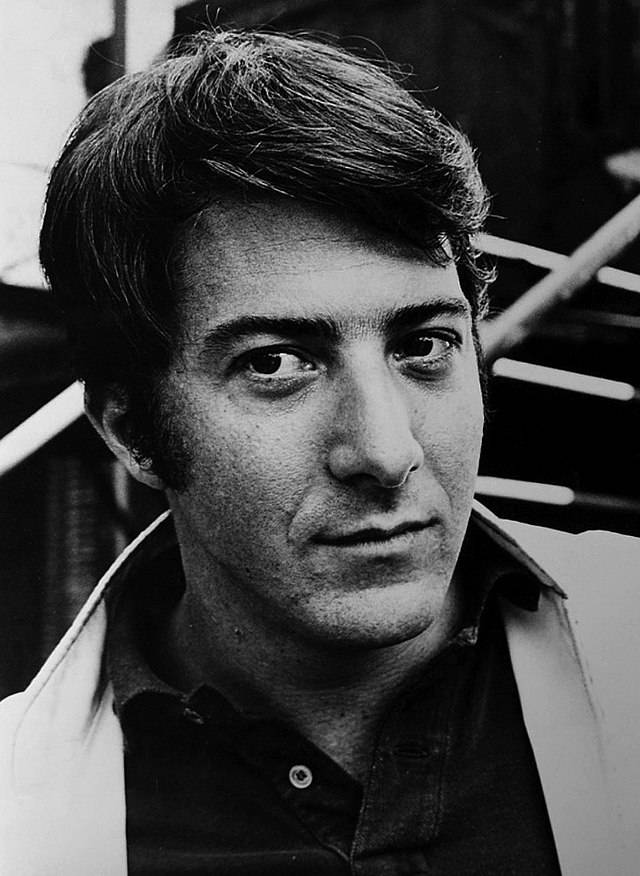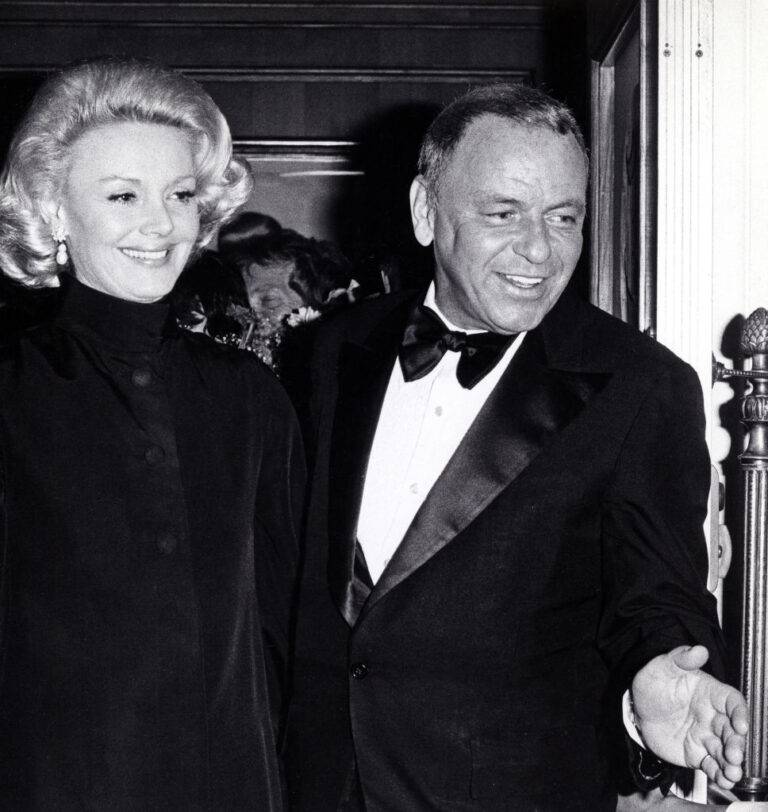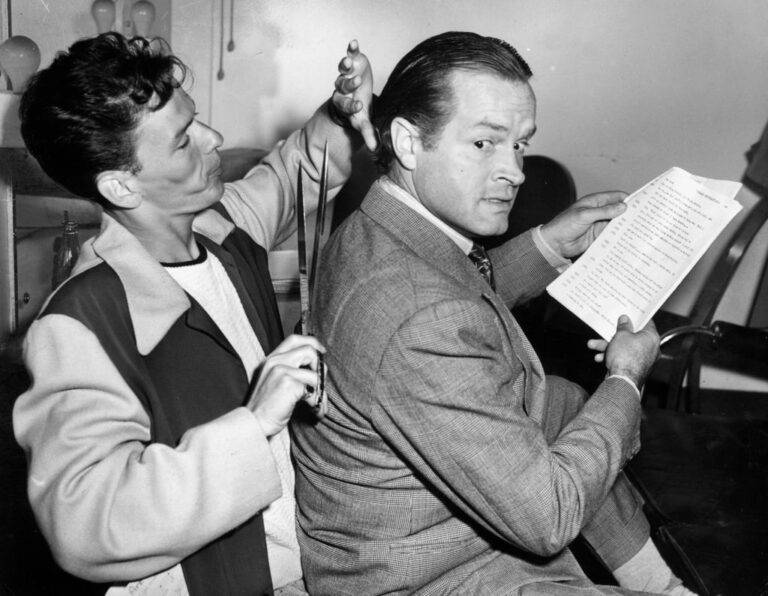Looking back at old Oscars photos, especially from the 1970s, sends nostalgic chills down my spine.
There’s something almost haunting about those images — they evoke memories of a different era, a different America, when the Academy Awards truly felt worth watching. Back then, our celebrities exuded class, glamour, beauty, and elegance.
It’s shocking to see so many incredible stars who are no longer with us, reminding us just how fleeting life can be. I used to know every nominee, every film, and every song. Nowadays, I struggle to keep up.

Someone once said that the 1975 ceremony was “back when actors and actresses had class and no political agenda,” and while that may not be entirely true, it certainly feels like we’ve lost something important.
So let’s journey back to the 47th Academy Awards and focus on one particular photo that has sparked intense conversations recently. What is it about this image that has people talking?
”Ugly” and ”grotesque”
It’s hard to discuss the 1975 Oscars without mentioning Dustin Hoffman. The legendary actor, now 87, certainly dominated the pre-show chatter — though perhaps not in the way many might expect.
Nominated for his captivating performance in Lenny, a biographical film about comedian Lenny Bruce, Hoffman wasn’t exactly thrilled about attending the ceremony. Known for his outspoken criticism of the Academy, he labeled the event garish and embarrassing, even going so far as to call it ”ugly” and ”grotesque,” likening it to a beauty pageant.

This sentiment prompted host Bob Hope to quip, “If Dustin Hoffman wins tonight, he’s going to have a friend pick it up for him — George C. Scott,” referencing Scott’s own refusal to accept his Oscar in 1971.
While Hoffman didn’t take home the Best Actor award that night, it didn’t stop Frank Sinatra, one of the evening’s hosts, from taking a jab at him. Sinatra, known for his charisma, made a gratuitous dig that fell flat among the audience.
Sinatra fluffed his lines
It seems Sinatra had a challenging night at the 47th Academy Awards.
Reviews from 1975 were less than kind. Renowned film critic Roger Ebert of the Chicago Sun-Times reported that the audience even booed Sinatra during the show

He appeared slightly tipsy and fluffed his lines, making “several pointed, tasteless references to his fellow Italian-Americans.”
”It was an embarrassing spectacle,” Ebert wrote.
But more controversial things were destined to play out that night.
The speech that infuriated Bob Hope
Speaking of how the award ceremonies were supposedly less political in the past, there’s a story from the 1975 Oscars that strongly contradicts that idea. In April of that year, the Vietnam War was just about to end, and that was certainly felt throughout the evening.
When documentary filmmaker Bert Schneider took the stage to accept the award for Best Documentary for Hearts & Minds, he couldn’t help but bring Vietnam into the spotlight. He remarked, “It’s ironic that we’re here at a time just before Vietnam is about to be liberated.” This wasn’t particularly surprising, given that his critical documentary was centered on the Vietnam War.However, things escalated when Schneider read a telegram containing “Greetings of Friendship to All American People” from Viet Cong Ambassador Dinh Ba Thi.
The telegram thanked the anti-war movement “for all they have done on behalf of peace,” and that was too much for the Oscar emcee Bob Hope, who was a longtime hawk on the Vietnam war.

Fired back
Unwilling to let it slide, an hour later, Hope wrote a telegram that Frank Sinatra read to the divided audience: ”The academy is saying, ‘We are not responsible for any political references made on the program, and we are sorry they had to take place this evening.’”
This speech infuriated Shirley MacLaine, one of the co-hosts, as well as actor Warren Beatty. Beatty sarcastically fired back, ”Thank you, Frank, you old Republican.” MacLaine added her own sharp comment, saying, ”You said you were speaking for the Academy. Well, I’m a member of the Academy and you didn’t ask me!”
In hindsight, some people felt that Bert Schneider’s comments were relatively mild. Those who knew him noted that his statements at the 1975 Oscars were surprisingly restrained — especially considering how outspoken he could be about the Vietnam War at times.
Collective showbusiness guilt
Ingrid Bergman needs little introduction, and at the 1975 Academy Awards, the legendary Swedish actress was honored with the Best Supporting Actress Oscar for her role as Greta Ohlsson in Murder on the Orient Express. At 59, she received a standing ovation from the admiring audience — but her emotions were mixed.